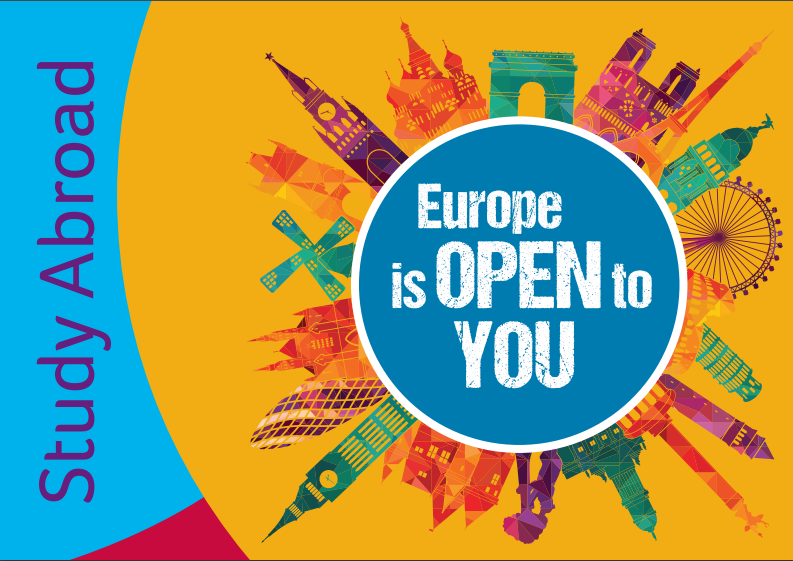There are different application deadlines for EU and Non-EU students. In Europe, the school year runs from September to June, usually with two intakes. There are different application deadlines for EU and non-EU students. If you are a non-EU student, we recommend you to start your application for studies in Europe at least one year in advance in order to meet all the deadlines.
Study programs are categorized per cycle.
Higher education study programs in Europe are categorized per cycles following the European Higher Education Area guidelines, i.e., first cycle programs = bachelor's degrees; second cycle programs = master's degrees; and third cycle programs = PhD degrees.
Education in Europe is highly subsidized through taxes.
Europeans enjoy either no tuition fees or very affordable fees for higher education programs. Non-EU students are usually charged either full tuition fees, no fees or moderate fees depending on the program, institution and country.
The ECTS system lets you understand your workload.
In Europe, one school year equals 60 ECTS. First cycle programs are worth 180 - 240 ECTS; second cycle programs are worth 60 - 120 ECTS; while third cycle programs don't have a specific ECTS range.
The Schengen Visa is only valid for 90 days.
If you are thinking of studying in Europe for more than 90 days, you will have to apply for a residence permit in the country of your choice. Some countries require international students to apply for a permit before arriving to Europe.
Study in Europe in the language of your preference.
Europe is the cradle to some of the most important languages in the world. European higher education institutions offer a wide variety of study programs in different languages, such as in English, Spanish, French, German, Italian, Polish, or Portuguese. You may even have the opportunity to study in a bilingual program and become fluent in two languages!
Countries we work for
- Cyprus
- UK
- Estonia
- Malta
- Germany
- Greece
- France
- Denmark
- Ireland
 Educrope Education Pvt Ltd
Educrope Education Pvt Ltd

